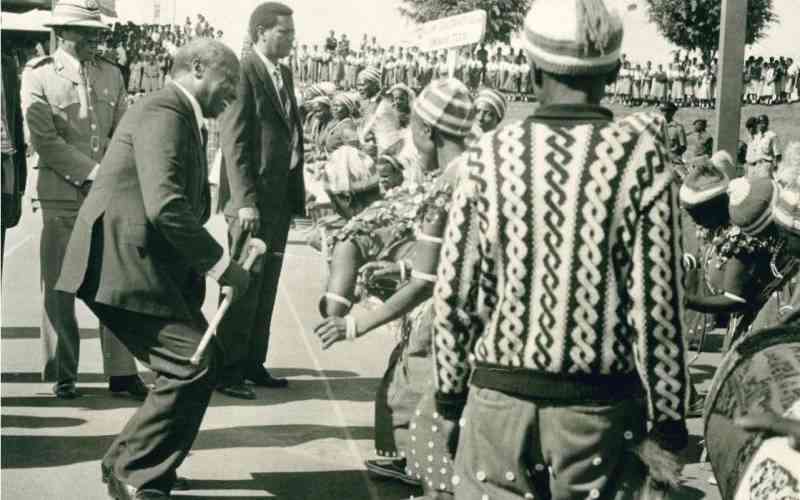
I was stunned. Startled by the deafening screams and shouts, I tried in vain to make sense of what was happening. I was lying on the dusty ground, with my head swirling and spinning. I struggled to sit up but some vicious pain on my sides and back pinned me down. My eyes were swollen and my face bloodied. I was surrounded by many faces, some smiling, others sneering. "He has been beaten by a girl," someone said with a prolonged evil laughter. Then, a strong hand held me and lifted me up.
Someone offered me water in a tin. As I took a sip, sudden pain seared through my body. That's when I realised that my lips were torn and my nose punctured. Memories came flooding back. I had successfully beaten five of my estate mates in our qualification fistfights that determined the leadership hierarchy and level of respect one was accorded within Nakuru's Kivumbini estate. I was exhausted but someone roughly pushed me back into the ring formed by dusty legs of boys sitting in a circle. Normally, Kings, our group leader, would pick a fighter before naming the combatants to engage him. I was about to complain that I had not rested when Lo and behold! before me stood Muthoni, my best friend.